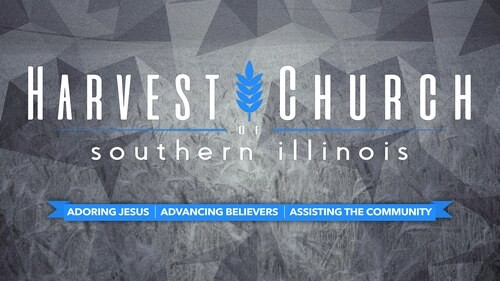What is it?
A biblical understanding of conversion recognizes both what God does and what people do in salvation. In conversion, God gives:
• life to the dead (Eph. 2:5)
• sight to the blind (2 Cor. 4:3-6)
• the gifts of faith and repentance (Phil. 1:29; Acts 11:18).
• And in conversion, people;
• repent of sin (Mk. 1:15; Acts 3:19)
• believe in Jesus (Jn. 3:16; Rom. 3:21-26).
• A biblical understanding of conversion recognizes that only God can save, and that he saves individuals by enabling them to respond to the gospel message through repenting of sin and trusting in Christ.
Where is it in the Bible?Jesus called people to repent and believe in him (Mk. 1:15). He said that unless someone is born again he cannot enter the kingdom of heaven (Jn. 3:1-8).
• Throughout the book of Acts, the apostles call people to turn from their sin and trust in Christ (Acts 2:38, 3:19-20, 10:43, 13:38-39, 16:31, 17:30).
• Many of the epistles describe both our need to repent and believe in Christ and God’s supernatural work to accomplish this (Rom. 6:1-23; 1 Cor. 2:14-15; 2 Cor. 4:3-6; Eph. 2:1- 10; 1 Thess. 1:9-10; 2 Tim. 2:25-26).
Why is it important? A biblical understanding of conversion is important for churches because it;
•clarifies how churches should exhort non-Christians—they should call non-Christians to repent of sin and trust in Christ.
•reminds churches that they must rely upon God in all of their evangelistic efforts; only he can give new spiritual life.
• teaches churches to maintain a sharp distinction between themselves and the world.
• Church members’ lives should be marked by the fruit of conversion.
• Churches should admit to baptism and the Lord’s Supper only those who show evidence of conversion.
• Churches should evangelize and teach about the Christian life in such a way that the radical nature of conversion is continually emphasized.
